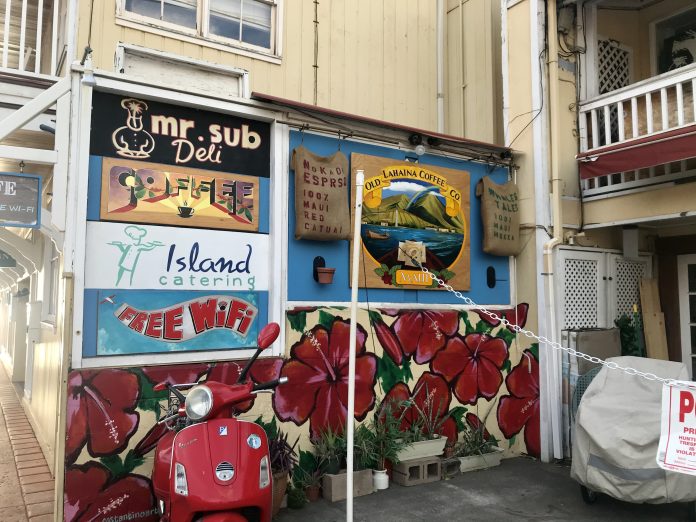This one makes sense: Simon Fraser University students want an aerial gondola to reach the mountainous enclave college as a last-mile solution from SkyTrain.
Toxic executive: With Jeff Bezos stepping down, he leaves a toxic legacy behind with his dirty business.
Bullet train: A Baltimore-to-Washington, D.C. maglev train study moves forward ($).
SEA bike news: A bike speed bump had been added on Roosevelt Way NE but was quickly removed, a protected bike lane on 4th Avenue is to be added this year, the Stay Healthy Streets program could be in peril without more long-term funding, and a major proposed policy change could downshift the Bike Master Plan.
Always corrupt: A Trump hotel in Chicago is in violation of water withdrawal and discharge laws.
Housing imbalance: Denver continues to see double-digit housing price increases, which are blamed on a housing imbalance.
Science-based decisions: A new federal ruling allows the Biden administration’s Environmental Protection Agency to use a broad set of scientific studies to regulate for public health ($).
Second run: Fremont Brewing co-owner Sarah Nelson is running for the Seattle City Council again.
Build back better: Amtrak is proposing five new routes to serve Ohio.
Five months in: What has been learned from Seattle’s Black Brilliance Research Project so far?
Black urbanists: Planning Magazine highlights 11 Black urbanists that every planner should know.
Amazon’s helix: For Amazon’s Virginia headquarters outpost, the company is proposing a helix-shaped and heavily vegetated tower ($).
Early policy objectives: Transportation Secretary Pete Buttigieg had a lot to say during his first week on the job.
Radical car activist: Surprising no one, Senate Transportation Chair Steve Hobbs has proposed a car-first transportation bill leaving little money for multimodal investments and penalizing biking.
The overlay: Philadelphia neighborhoods continue to try and control land use by expanding the use of special overlay districts.
CA preemption battles: Some Santa Monica city councilmembers are unhappy that state-mandated housing targets are forcing the city to deliver affordable housing.
Complete count: Homelessness counts have long been imperfect, but no one really knows how many Americans are experiencing homelessness ($). Perhaps it’s time fix that, The New York Times argues.
On the block: Capitol Hill Seattle Blog covers two new housing projects, including the Heartwood Apartments by Community Roots Housing on E Union St and a Liz Dunn project planned in the Central District. The Frederick Anhalt La Quinta apartments are also going through the landmarking process.
Big Tacoma project: A new 300-unit development in Tacoma will deliver a substantial number of affordable housing units with it.
Recommendation: A controversial Queen Anne development project at the hilltop Safeway finally moves out of design review.
WA decriminalization: Following Oregon’s possession decriminalization of hard drugs, Washington could be poised to follow.
Banking on density: On False Creek in Vancouver, the Squamish Nation is planning a very dense, sustainable district for 9,000 residents.
Something to watch: Professional jobs have recovered in Seattle beyond pre-pandemic levels, but office leasing has tanked ($).
All-day service: Chicago’s regional suburban rail operator Metra is looking to move beyond just peak commuting hours.
Singapore’s lessons: What lessons can Singapore offer the Biden administration on housing?
Helpful roots?: Streetsblog highlights how Pete Buttigieg’s Midwest roots could wind up making him a great transportation secretary.
Slapped down: Amazon is ordered to pay millions to flex drivers for tips withheld ($) and must allow a new unionization effort to move forward.
Consent decree: A federal judge rules further on Seattle’s policing consent decree in the wake of city council actions.
Stephen is a professional urban planner in Puget Sound with a passion for sustainable, livable, and diverse cities. He is especially interested in how policies, regulations, and programs can promote positive outcomes for communities. With stints in great cities like Bellingham and Cork, Stephen currently lives in Seattle. He primarily covers land use and transportation issues and has been with The Urbanist since 2014.



